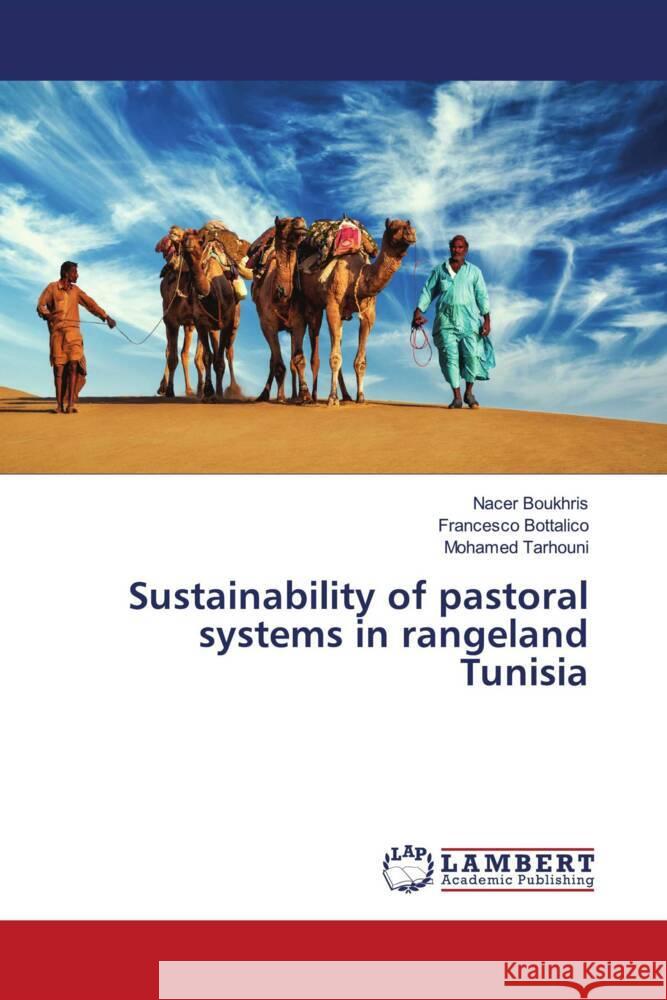Sustainability of pastoral systems in rangeland Tunisia » książka
Sustainability of pastoral systems in rangeland Tunisia
ISBN-13: 9786204727356 / Angielski / Miękka / 112 str.
The cultural, economic, and environmental benefits of pastoralism have been largely underestimated. This research aims to emphasize pastoralists' contributions to social welfare and economic performance. The socio-economic status of pastoral systems in the collective rangeland of El Ouara Tataouine, southern Tunisia, was investigated using a semi-structured survey schedule constructed on PESTLE (Political, Economic, Social, Technological, Environmental and Legal) analysis of the literature review. Furthermore, a number of provisioning services and recreational opportunities were also assessed. A wealth index was developed using the principal component analysis (PCA). The wealthiest category, which is limited to the age groups between 40 and 60 years, is mostly considered to be livestock owners. In addition, herds' association proves to be an ideal consensus for wealth accumulation. A cluster analysis revealed three classes: (i) owners and not-practicing association with large goat herds (ii) herders with large-sized sheep and camel flocks (iii) large breeders owning diverse livestock herds.











